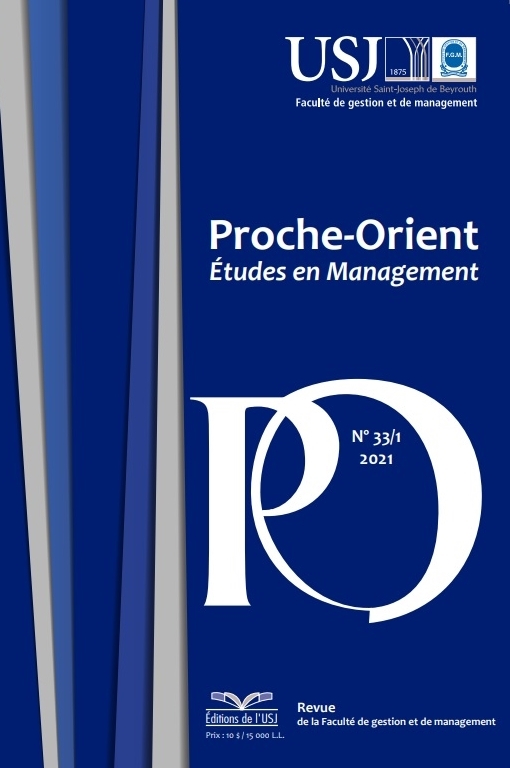Abstract
Lebanese Family-Controlled businesses (FCB) have been the cornerstone of the local economy, one built on resilience as its defining characteristics and a reason for its revival after the Civil War of 1975-1990. The national economy has sustained constant public deficit over the years funded by debt, managed by a ruling class based on political elitism, abuse of power, squandering of public funds and without any accountability leading to a spiraling debt of $85Bln; an estimated 151% of GDP (End 2018) (Ministry of Finance 2019). During the recent public upheaval back in October-2019, businesses came to a halt, and despite banks reopening, businesses now face a new challenge of a quasi-capital control being implemented due to the absence of liquidity and foreign currency heightened with a new challenge and that is COVID-19; as if the current financial problems were not enough. Family businesses which have long based their longterm strategic vision on ensuring its continuity over the successive generations seem to have now shifted to survival mode.
The objective of this study is to showcase the success factors that Lebanese FCB’s have in terms of flexibility in navigating through these difficult challenges, using their internal social capital built through the interaction of family (FM) and non-family members (NFM) coupled with technological advancement (Fintech) to reduce the impact of capital control challenges as well as ensuring their continuity and survival. The utilization of finance & technology as a new drive, or what is known as Fintech provides a tool to alleviate the difficulties of local FCB’s and taps on unconventional funding resources. Despite being in a traditionally conservative culture, this paper’s contribution to knowledge is important as the experience of FCB’s flexibility and swift decision-making has always been its differentiation with non-family businesses.

